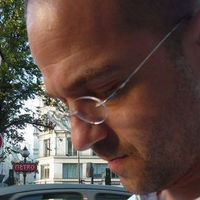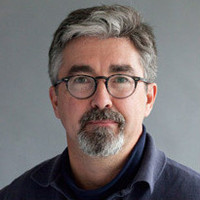Eli Saslow is a Pulitzer-winning feature writer for the Washington Post. His new book is Rising Out of Hatred: The Awakening of a Former White Nationalist.
“If I'm writing about somebody once for 5,000 words in the Washington Post — someone who's addicted to drugs, say — I am choosing in the public eye where their story ends. Like, that's it. People aren't going to know any more. That's where I'm going to leave them being written about. And of course, that is inherently artificial — nothing ends, their life is continuing. This is just where the narrative ends. I recognize the weight in ways that maybe I didn’t before.”
Thanks to MailChimp, Outside the Box, Squarespace, and Pitt Writers for sponsoring this week's episode.















